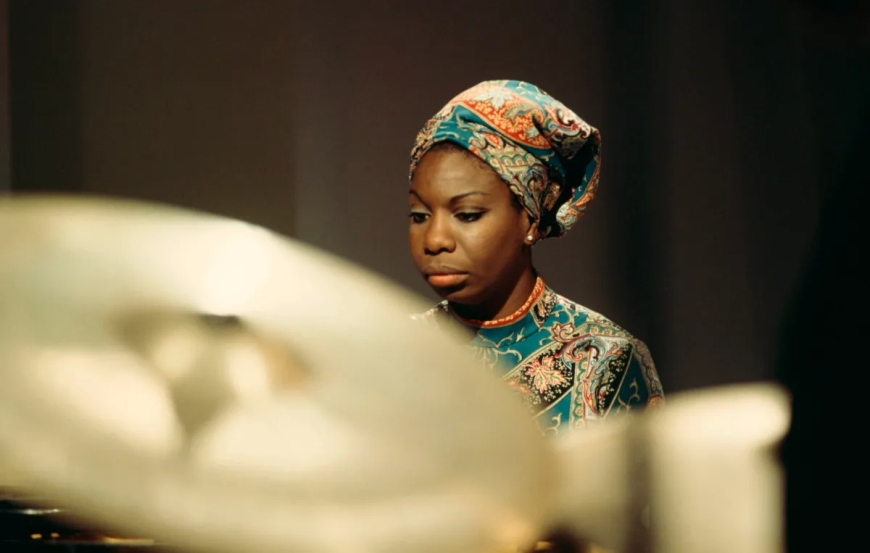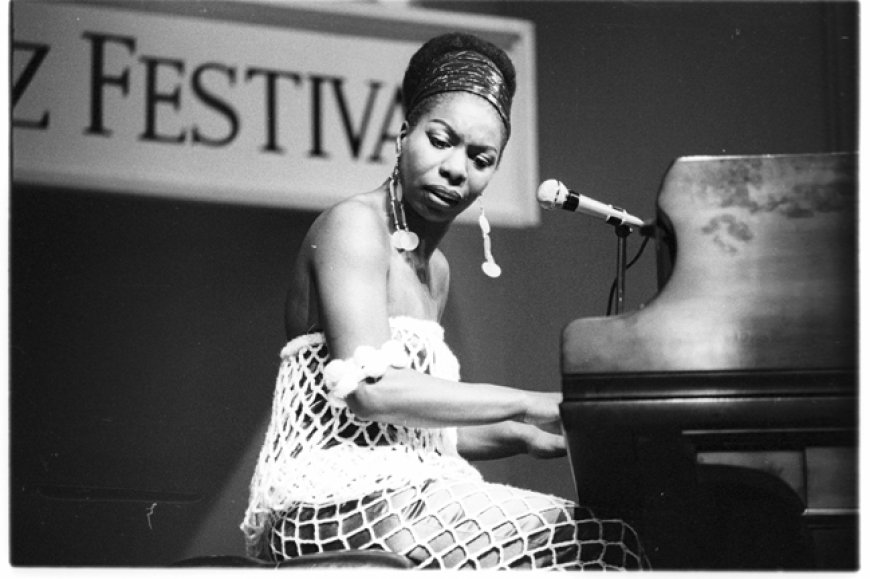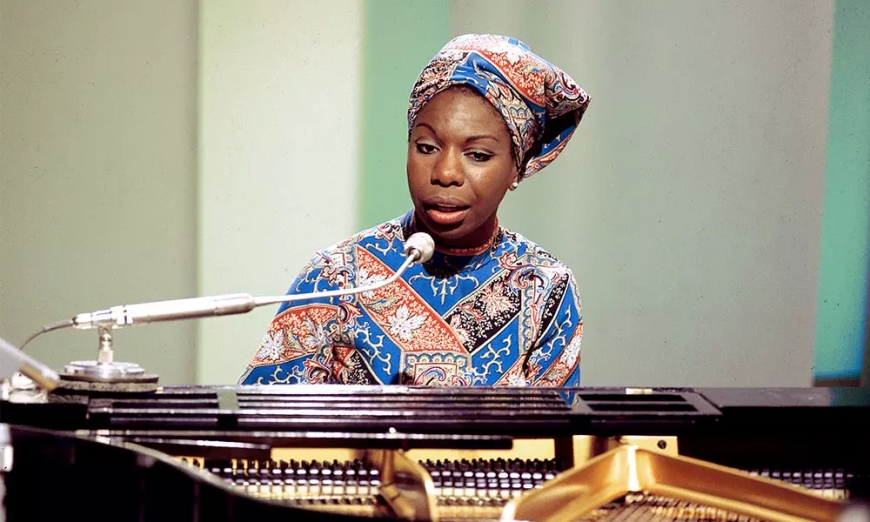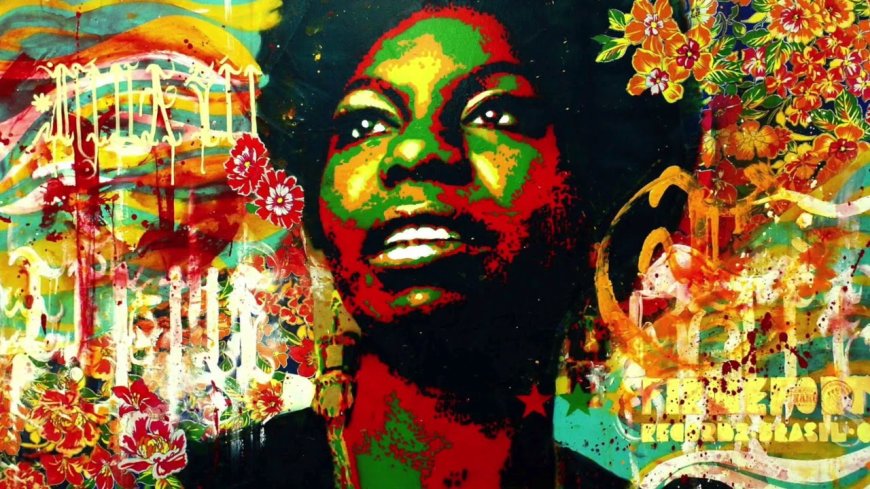Nina Simone: The High Priestess of Soul
Explore the captivating journey of Nina Simone, the High Priestess of Soul, from her early days in a segregated Southern town to becoming a trailblazing artist and activist. Discover the fusion of jazz, blues, and classical influences that defined her musical legacy, and delve into the impact of her iconic songs on the Civil Rights Movement. Nina Simone's indomitable spirit and commitment to social justice shine through her timeless music, leaving an enduring mark on the world.
Nina Simone, born Eunice Kathleen Waymon on February 21, 1933, in Tryon, North Carolina, left an indelible mark on the world of music and activism. Her journey from a small town in the segregated South to becoming the "High Priestess of Soul" is a testament to her talent, resilience, and commitment to social justice.

Simone's prodigious talent as a pianist was evident early on. She began playing the piano by ear at the age of three, and her classical music training set the stage for a unique fusion of various genres in her later work. Despite facing racial barriers, she attended the Juilliard School of Music in New York City.

In the late 1950s, Simone's career took a turn when she began performing in Atlantic City. To support herself, she took a job playing in a bar and adopted the stage name "Nina Simone" to keep her family unaware of her musical pursuits. This period marked the emergence of her distinctive voice and style, blending jazz, blues, classical, and folk influences.
Her breakthrough came with the release of "I Loves You, Porgy" in 1958, which became a Top 20 hit. This success paved the way for a prolific career, during which she delivered iconic performances like "Feeling Good," "My Baby Just Cares for Me," and "To Be Young, Gifted and Black."
Beyond her musical prowess, Nina Simone became a powerful voice in the Civil Rights Movement. Songs like "Mississippi Goddam" and "Four Women" became anthems for the movement, expressing her anguish over racial injustice. She used her platform to speak out, stating, "An artist's duty, as far as I'm concerned, is to reflect the times."
Simone's activism and outspokenness sometimes led to controversy, but she remained unapologetically herself. Her music and words continue to inspire generations, reflecting the ongoing struggle for equality and justice.
Nina Simone's legacy transcends genres; she was a visionary artist, a fierce advocate for civil rights, and a symbol of strength and authenticity. The High Priestess of Soul may have left the stage in 2003, but her influence resonates in the hearts of those who continue to discover and appreciate her unparalleled contributions to music and social change.
What's Your Reaction?




















![[VIDEO]Reunited: 'The Marvels' Set to Soar into Theaters on November 10](https://minscoop.com/uploads/images/202311/image_430x256_654a7a66d0fcf.jpg)










































